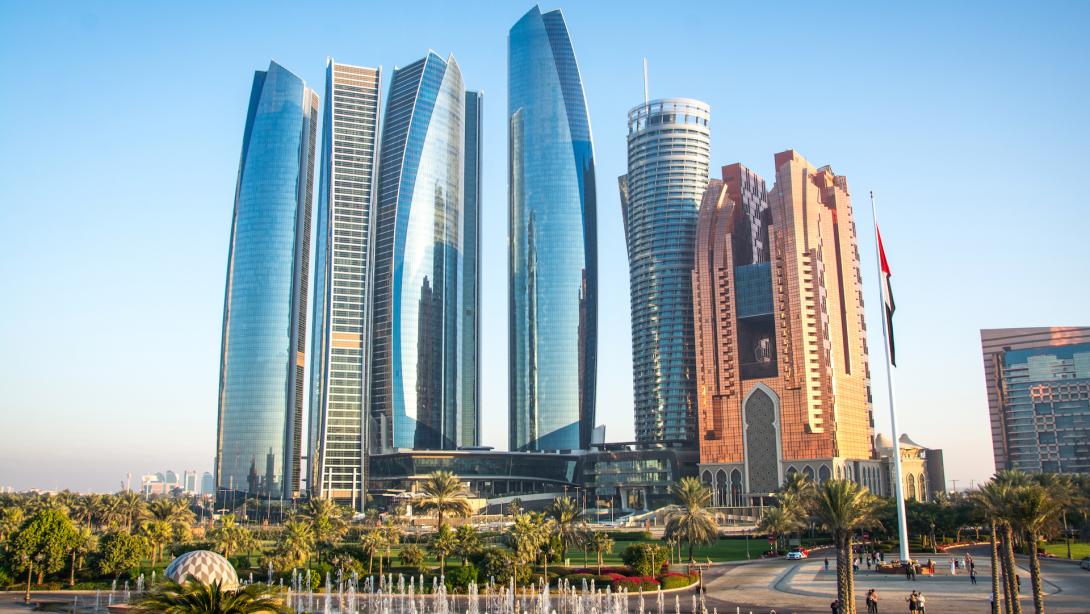
Foundations have become a popular option for regional wealth structuring and succession planning in the UAE, offering a number of benefits to both families and businesses. Here, Leevyn Isabel – Commercial Director at Ocorian answers the ten most frequently asked questions surrounding the vehicle and its capabilities.
1. What is a foundation?
It is a corporate vehicle with no shareholder and managed by a council (equivalent to a board of directors). A foundation can hold assets for distribution to the beneficiaries (normally family members) as per the instructions of the founder(s), the person(s) establishing the foundation, set in the charter and by-laws (the “constitutional documents”) of the foundation.
2. How does the founder keep control of the foundation and its assets?
The founder can include the following control mechanisms in the constitutional documents:
- Appointment and removal of council members in his/her capacity as founder (and/or as guardian).
- Management powers as a council member (with or without casting vote in case of deadlock).
- Supervisory and/or veto rights (as guardian of the foundation) over key decisions.
- Reserved powers to amend the constitutional documents and terminate the foundation.
3. What if the founder changes his/her mind?
The founder can reserve the right to dissolve the foundation in the constitutional documents.
4. When and how are payments to the beneficiaries made?
Payments to the beneficiaries are made according to the terms set in the constitutional documents of the foundation. The beneficiaries are classified in the following categories:
- Entitled beneficiaries: parties with a legal claim to a benefit from the foundation assets or the foundation income, as mentioned in the constitutional documents.
- Prospective beneficiaries: parties with a legal claim to a benefit only after the occurrence of a condition precedent or at a specified time.
- Discretionary beneficiaries: parties whose possible beneficial interest is placed within the discretion of the founder, the council and/or the guardian.
5. When can I transfer assets into the foundation?
The transfer of assets can be made at any time following the establishment of the foundation.
6. Who can transfer assets into the foundation?
Anyone can transfer assets into the foundation. Unless already specified in the constitutional documents, no party can gain control over the foundation by virtue of transferring assets into it.
7. Can a foundation hold assets outside of the UAE?
Yes, a foundation can hold assets outside the UAE unless specifically restricted in the constitutional documents and subject to applicable international laws.
8. What happens when the founder passes away?
This will depend upon the provisions of the constitutional documents and/or whether the founder held any other positions (as council member or guardian) of the foundation. If the constitutional documents do not outline specific provisions for when the founder dies and he/she did not hold any other position, the foundation’s operations will remain unchanged.
9. Can a foundation go bankrupt?
Yes. An insolvent foundation will be wound up observing the rules under the applicable foundation law and insolvency law.
10. Can a foundation be Sharia-compliant?
Yes, a foundation can be structured and operated in accordance with the principles of Sharia as opined by its Sharia Board/ Sharia advisor.
How can Ocorian support with private foundation services?
Regardless of the complexity of a foundation's structure, we enable our clients to pass on the benefits of their assets in full accordance with their wishes to ensure their legacy is preserved in accordance with all legal and regulatory requirements.
Get in touch with our team to discuss how we can support your private wealth plans or to learn more about our foundation services.
